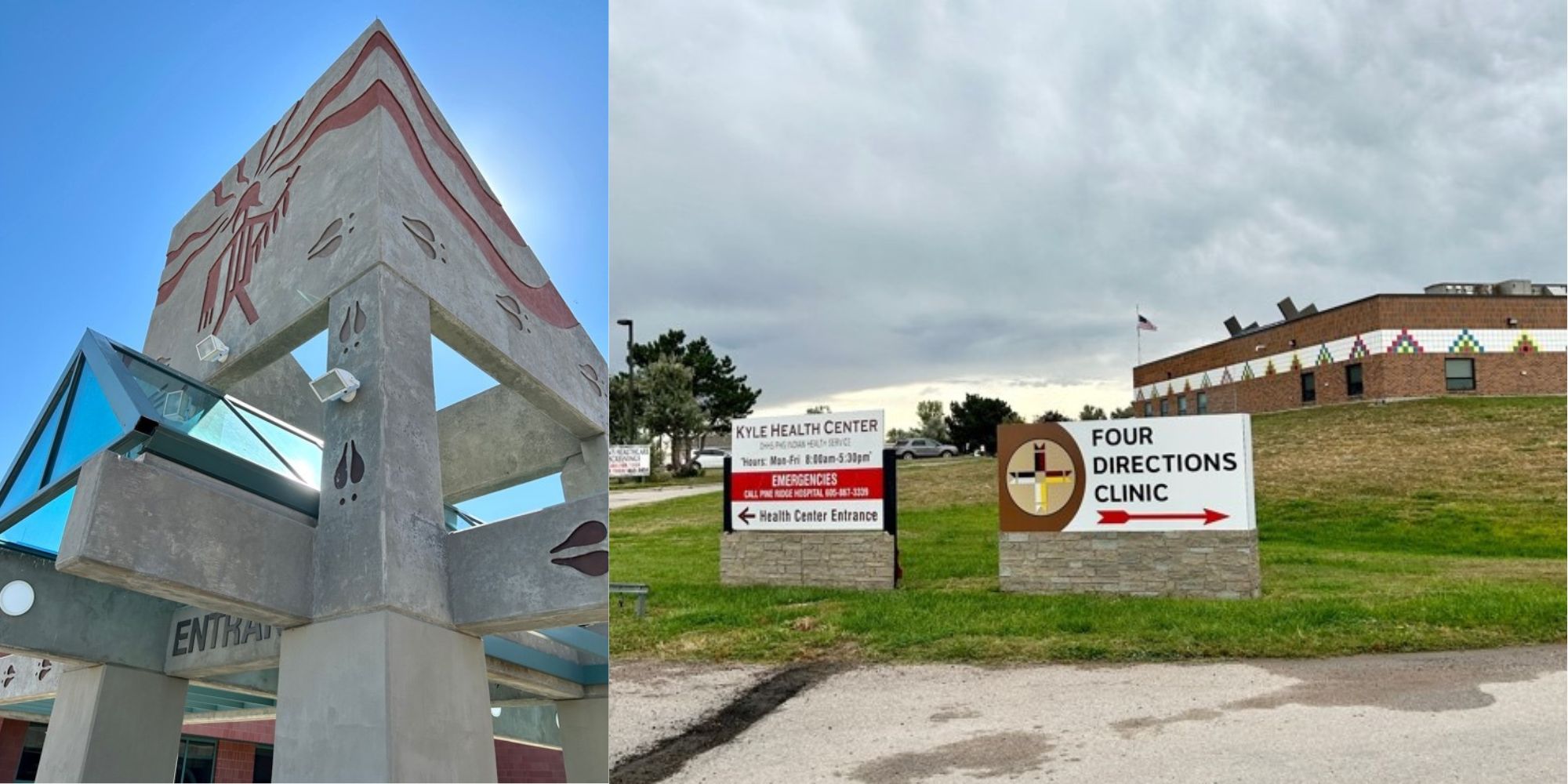This is unpublished
First Year of Fellowship
During the first year of the program, fellows will provide direct clinical care at Pine Ridge Hospital, an Indian Health Services (IHS) hospital on the Pine Ridge Indian Reservation in South Dakota. Fellows will participate in health systems strengthening projects prioritized by IHS collaborators which may include STI outbreak response or telehealth service implementation. During this first year of training, fellows will be clinically mentored by Pine Ridge physicians, with remote mentorship from UW OBGYN faculty.
Second year of fellowship
During the second year of fellowship, fellows will have the option to choose one of two tracks:
- Research Track: Fellows will have a variety of opportunities to contribute to clinical, implementation, health systems strengthening, or monitoring and evaluation research projects with OBGYN or DGH faculty, or through one of University of Washington’s partners. These partners include but are not limited to Health Alliance International, I-TECH, Kenya Research and Training Center (KRTC), the Global Center for the Integrated Health of Women, Adolescents, and Children (Global WACh), the International Clinical Research Center, and Partners in Health. Fellows will be supervised by a primary research mentor and the fellowship program directors.
- Clinical Education Track: Fellows who are interested in pursuing a career as clinician educators will have the option to work with UW faculty and collaborative partners in Kenya, or alternatively in another country with an ongoing clinical education collaboration with UW faculty. Fellows will perform clinical supervision, provide direct patient care, and work in partnership with local Ministries of Health to strengthen the medical education curriculum. Fellows will be supervised by a primary mentor and the fellowship program directors.
Fellowship Core Components
- Clinical Training
Fellows will spend a minimum of one year over the two-year fellowship providing direct clinical care at the Indian Health Services facilities on the Pine Ridge Indian Reservation in South Dakota, primarily at Pine Ridge Hospital, but also in the outlying clinics. Fellows also will have the opportunity to work clinically at their global health site(s). Fellows in the clinical education track will also work clinically at their second-year global site.
- Education
The UWGRF curriculum is designed to equip fellows with the fundamental tools needed to study, evaluate, and address health inequities in rural and global limited-resource settings. In addition to core UWGRF didactic sessions, fellows will take a minimum of one intensive global health leadership course during their first year of fellowship at the UW. Other global health courses through the UW DGH will be offered on an optional basis. Fellows will also have the opportunity to pursue a master of science degree at the London School of Tropical Medicine, as well as the option to pursue OBGYN-specific training opportunities through international organizations.
- Teaching
Fellows will have the chance to teach clinical and academic medicine to UW residents and medical students at Pine Ridge, and possibly abroad.
- Career Development/Mentorship
Our fellowship will provide career development mentorship by holding forums and meetings for its fellows with various organizations such as the Bill and Melinda Gates Foundation, I-TECH, PATH, Health Alliance International, CDC, and other global health institutions to help build career opportunities for its fellows post-fellowship. The fellowship will also provide an array of mentors in the fellow’s clinical, research, and educational endeavor.
- Scholarly Activities
Fellows will be expected to produce a scholarly project at the end of their second year as well as present their mentored scholarly project at a local, national, or international conference. Scholarly projects can include work such as implementation and clinical trials research, health systems strengthening projects, and development of medical education curricula.



